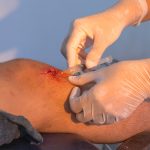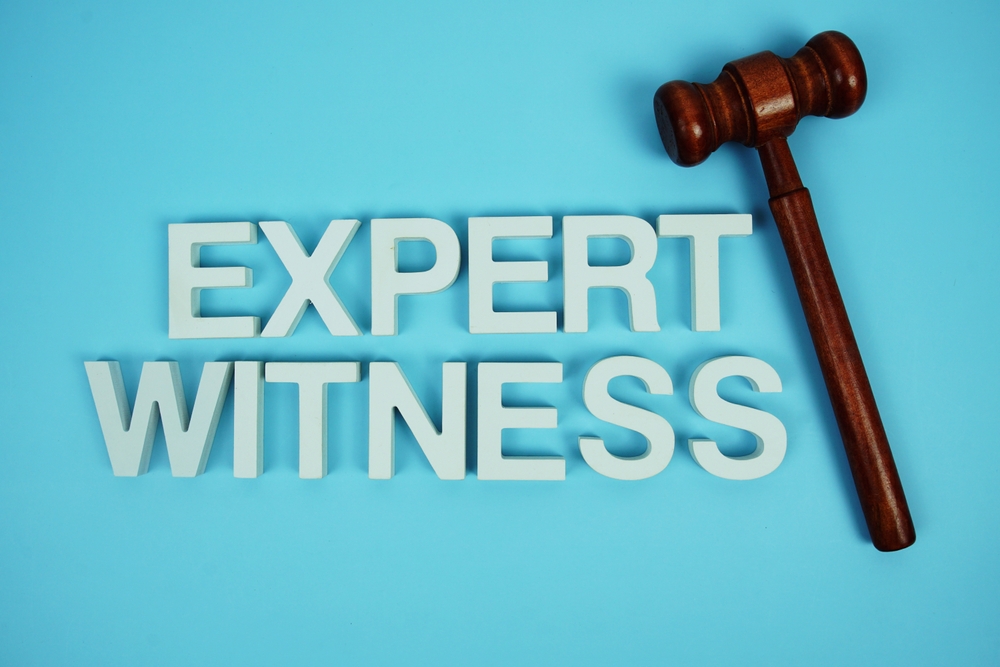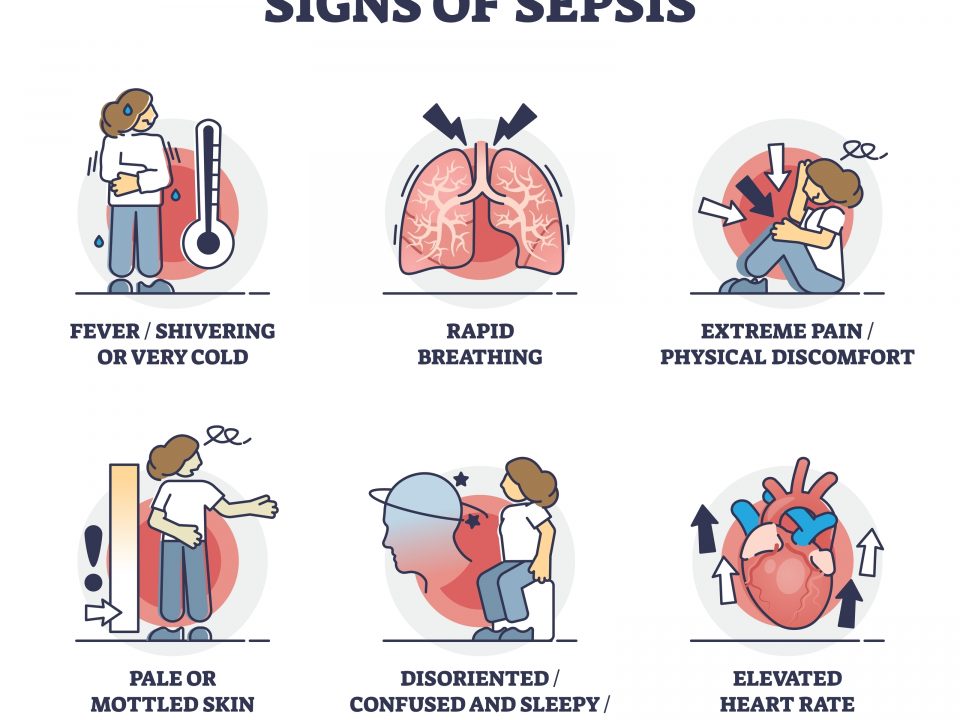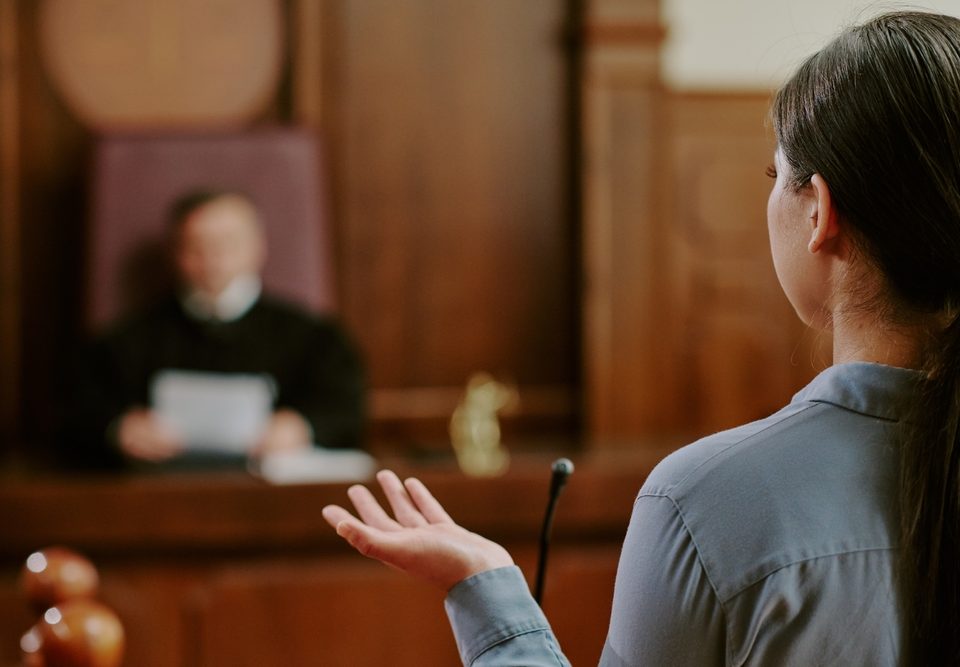
Complications of local anaesthetics in the Emergency Department
30th November 2024
2024 – A Year in Review
4th February 2025When a case goes to court, it is generally expected that expert witnesses will, in most cases, be called on to give evidence on behalf of one or both sides. The judge will then base his decision on all the evidence put before him.
An expert witness must be aware at all times that they must be vigilant when collating evidence from a claimant and should give consideration to a claimant’s honesty and credibility. A recent case illustrated perfectly how an expert witness’s evidence can be undermined and ultimately a case lost because the claimant was judged to be fundamentally dishonest.
Scully -v- Atherton (& others)
In this particular case, a claimant brought to court a convoluted case mainly based on supposed injuries she had received in three separate accidents. The claimant’s representation of herself – in particular her work experience, CV and professional qualifications – was clearly designed to present a specific image of herself.
In actual fact, prior to and during the course of proceedings, the claimant was found to have made attempts to exaggerate her professional qualifications and her previous employment position. On this basis, she was found to be a ‘wholly unreliable witness’. The court accepted that the claimant ‘made things up when asked difficult questions’ and also gave obviously untrue answers to questions.
Evidential uncertainties
It was also clear that there was no solid evidence regarding the injuries said to have been received, although medical reports had been produced in support of her claim. It was apparent that the claimant expected that her expert witness’s evidence was uncontroverted, and not open to question. However, this argument was rejected.
In the case of the alleged ‘significant injuries’ the claimant said she suffered, this was undermined by her recorded activities after the accidents. This was considered alongside the fact that the injuries were said to be of a type which are difficult to prove. The claimant, therefore, was reliant on convincing the judge that her injuries prevented her from carrying out activities she previously enjoyed, such as going to the gym even though she had attended the gym regardless of her ‘injuries’.
Judge’s findings of expert evidence
On the basis of oral and documentary evidence, the judge concluded that the claimant lied about most (if not all) of her evidence. This included her injuries and their effects; and it was suggested she had misled the medical professionals who examined her. It seems that the expert witnesses, in this case the medical professionals, had provided opinions on the claimant’s injuries based largely on the claimant’s say-so.
The defence put by the claimant’s solicitor relied on the defendants’ duty to undermine the facts of the claimant’s evidence and that in his opinion any disputed points should have been raised in questions to the experts.
The court’s eventual rejection of the claimant’s case was based on what the judge saw as the fundamental dishonesty and unreliability of the claimant and as her claim rested on her credibility all claims for costs were dismissed.
The end result
The effect on the claimant was far-reaching as she was ordered to pay the defendants’ costs and the judge was minded to send a copy of his judgement to all the companies the claimant falsely claimed to work for.
As far as the expert witnesses were concerned, questions could be asked about whether they performed due diligence in their examination of the claimant, including with regards to whether they could believe her claims of injury.
Expert witnesses should be aware that they are not the arbiter of facts that is the role of the Judge, or in criminal cases the Jury, and while they can give opinion evidence they should always look for corroboration of a single witness from other sources even if they give contradictory evidence and this should be recorded in the expert’s report with alternative opinions depending on the finding of facts.
The conclusion to be drawn from this case for potential expert witnesses is that evidence which is based on a dishonest claimants account of any injuries will not be accepted in court.




